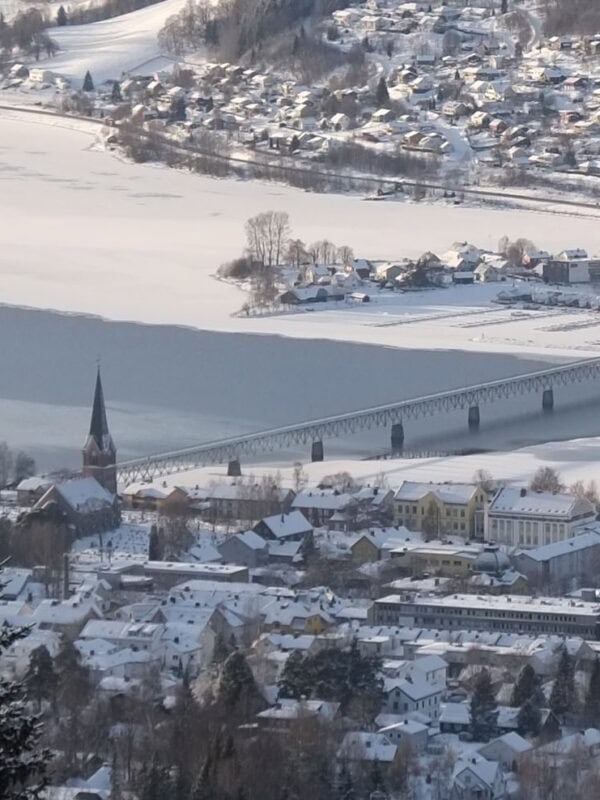
Cultural Heritage Governance for Resilient Climate Adaptation (AGREE)
Advancing Cultural Heritage Governance for Resilient Climate Adaptation (AGREE)
AGREE addresses climate change’s complexity, advocating transformative sustainability over technical solutions.
It explores the nexus of cultural heritage governance, climate adaptation, and community resilience, promoting the Historic Urban Landscape concept. Utilizing GIS, it illuminates this interaction and develops a decision-making model grounded in historical data.
AGREE evaluates governance comprehension and barriers, advancing transformative climate adaptation through case studies in the UK, Norway, and Italy. Beyond research, it shapes policies through partnerships with global stakeholders, including governmental bodies and local councils, to integrate cultural heritage into climate strategies. Additionally, AGREE engages the public, fostering awareness and collective action to support governmental climate efforts.
NIKU has an active role in the following Work Packages (WP):
- WP1: Evaluating cultural heritage policy frameworks integration with climate action (Institutional sphere)
- WP2: Uncovering historical adaptive strategies of urban landscapes in responding to flooding events (technological sphere)
- WP3: Prototyping a HUL-based decision-making model for systemic approaches to climate adaptation (individual sphere)
- WP4: Facilitating transformative cross-sectoral and systemic governance approaches for climate adaptation through cultural heritage
NIKU’s case study is about Norway’s Lillehammer Municipality and Innlandet region.
NIKU will work to improve Disaster Risk Management practices for flooding and related risks in collaboration with ICCROM.
Project Website: Advancing Cultural Heritage Governance for Resilient Climate Adaptation (AGREE)
Project manager from NIKU: Paloma Guzman.
- Status In progress
- Client NFR-Belmont Forum
- Time 2024-2026

